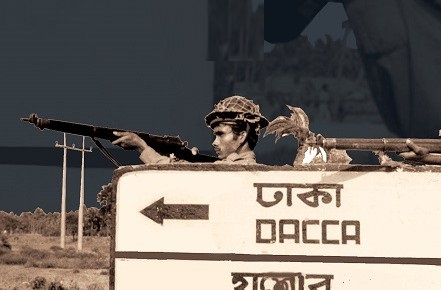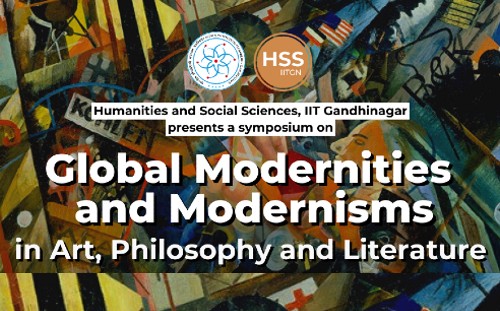The war of 1971, fought between East Pakistan and West Pakistan, led to the birth of a new nation-state, Bangladesh. It not only transformed the demography and politics of the subcontinent, but its legacies continue to shape public discourse even today. With ever rising communal violence, majoritarian politics, and persecution of minorities in the South Asian nations directly involved in the events of 1971, the cultural footprints of the war retain their significance. Even though war writings from Pakistan and Bangladesh have been largely understood as vehicles for disseminating statist discourse and nationalist ideology, there can be observed a growing tendency among creative writers to record war experiences at variance with supposed archetypes. This talk will discuss how literature consciously or unconsciously subverts contemporary cultural convictions and categories, undermines war myths, and exposes the instability of binaries that wars inspire- hero/ villain, enemy/ally, victim/ perpetrator, war/peace, and, at times, even fiction/ non-fiction.
Memory, Nation-Building and 1971 Bangladesh War Literature
March 2, 2022
- Home
- Uncategorized
- Memory, Nation-Building and 1971 Bangladesh War Literature




